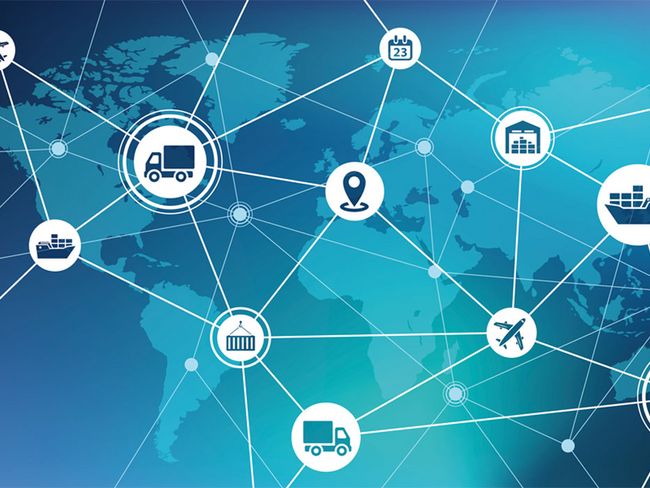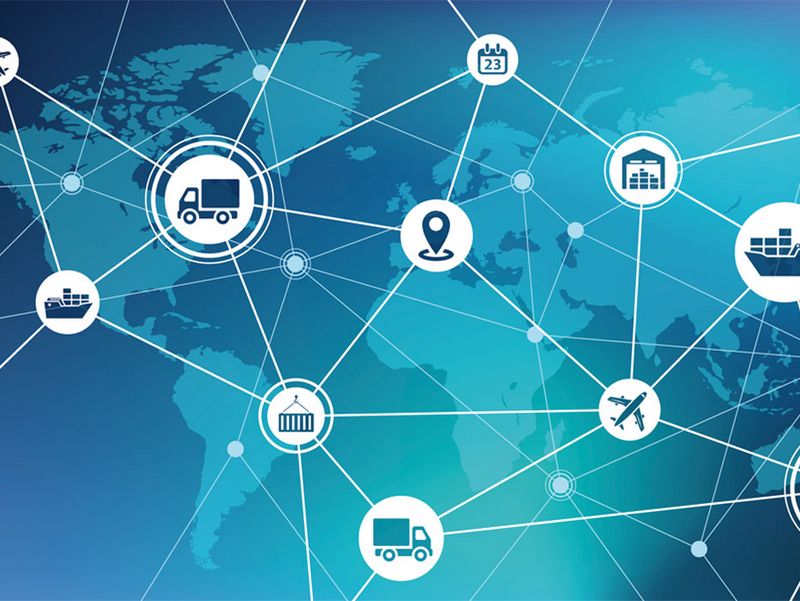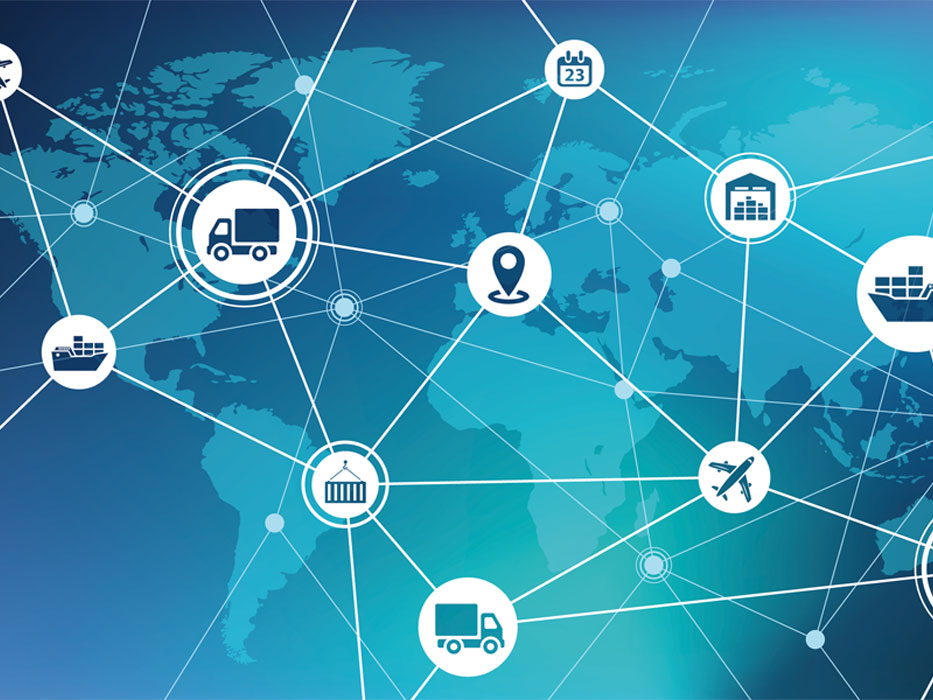German Supply Chain Duty of Care Act – Act Now for Certification
The German Supply Chain Duty of Care Act (also known as the Supply Chain Act or the Duty of Care Act or LkSG – Lieferkettensorgfaltspflichtengesetz ) will enter into force in January 2023. The Duty of Care Act is intended to improve protection of human rights within global supply chains and to support implementation of the UN Guiding Principles on Business and Human Rights in Germany.
The new Supply Chain Act will involve a wide range of duties and obligations for affected organisations. Those who do not sufficiently fulfil these obligations will possibly face the threat of fines and exclusion from participation in public tender processes.
Certifications can help your company show that it fulfils the requirements of the Supply Chain Act. It also means that potential suppliers will have a better starting position when it comes to selection processes and it may even support them in finding new customers.




Requirements for Companies (German Supply Chain Act)
The Supply Chain Act will come into force from January 1, 2023 for companies with more than 3,000 employees and from January 1, 2024 for those with more than 1,000 employees. Smaller companies are not directly affected for now. However, many corporations are passing on the law's requirements to their suppliers. There will also be a Europe-wide EU supply chain act in the near future. Initial drafts indicate that it will not only impose stricter requirements, but will also place obligations on smaller companies.
According to the LkSG, central compliance obligations of companies are currently the following:
- Adopting a declaration of principles on respect for human rights
- Conduct a risk analysis to identify negative impacts on human rights and the environment
- Take appropriate preventive and remedial measures
- Establish a grievance mechanism
- Publicly report on compliance with due diligence requirements.
In principle, the German supply chain act applies to the entire supply chain. However, the requirements are graded according to levels within the supply chain and the ability to influence polluters. In the case of indirect suppliers, for example, companies only have to take action if there is a concrete reason to do so, such as a complaint about child labor. Nevertheless, the requirements of the Supply Chain Act represent a major challenge for companies. As a rule, existing structures must at least be expanded and new internal processes implemented.
Benefits of Certifications Related to the Supply Chain Act
When it comes to social responsibility, occupational health and safety and environmental protection, relevant certifications (see also FAQs) mean you can demonstrate fulfilment of important duties of care. There will be a process for recognition of this within the framework of the Duty of Care Act.
Suppliers also benefit from certifications. According to the Supply Chain Duty of Care Act, when selecting suppliers, organisations must be able to safely assume supplier fulfilment of human rights expectations.
And of course consumers are ever more concerned that organisations take their responsibility for people and the environment seriously. This is why recognised certifications and test marks also lead to competitive advantages. So you benefit on several levels:
-
Proof that your organisation fulfils important duties of care
-
Avoidance of costly fines
-
Better position for suppliers within selection processes
-
Clear competitive advantages based on positive consumer perception
FAQs on the Supply Chain Duty of Care Act
The following certifications (Social Audits) focus particularly on protection of human rights:
- Sedex/SMETA
- amfori BSCI
- SA8000
- Green button
- WRAP
- Supplier audits
Further certifications which may be relevant to sustainability and Environmental Protection:
The primary aim of the Duty of Care Act is to improve protection of human rights along the supply chain. A further intention is to reduce the competitive disadvantages experienced by German companies who have already invested in sustainable supply chain management on a voluntary basis.
The Federal Government first attempted to implement the UN Guiding Principles for Business and Human rights by means of a voluntary commitment on the part of affected organisations. But subsequent monitoring showed that considerably less than one half of such organisations were actually implementing these principles. Legal regulation was provided for in the Coalition Agreement to cover this eventuality.
According to the Supply Chain Duty of Care Act, among other things organisations have to perform detailed analysis of risks related to human rights and the environment within their supply chain, take preventive action and find remedies in the case of infringements. They also have to establish a complaint mechanism and publicly document their duty of care activities.
Here, the Supply Chain Act differentiates between direct and indirect suppliers. According to the law, indirect suppliers only have to undertake these activities if complaints are made against them.
The Draft Supply Chain Act was passed by the German Parliament on 11 June 2021. The Act will enter into force in two stages:
Stage 1:
2023 for organisations with at least 3,000 employees.
Stage 2:
2024 for organisations with at least 1,000 employees.
However, a European Supply Chain Act could replace the German version in the near future. This European act will be considerably stricter and will apply to organisations of all sizes.
The Federal Office for Economic Affairs and Export Control will monitor observance of the Supply Chain Act. If organisations do not sufficiently fulfil their duties of care, they can be fined up to 2% of their annual turnover. In addition, there is the possibility of exclusion from public tenders for up to three years.
The Federal Office for Economic Affairs and Export Control (BAFA) is responsible for monitoring the companies affected by the Supply Chain Act. To this end, the authority is vested with extensive monitoring powers and can impose periodic penalty payments.


